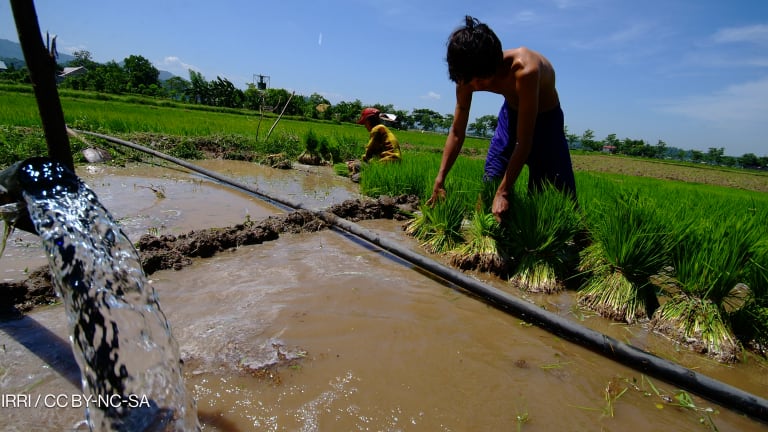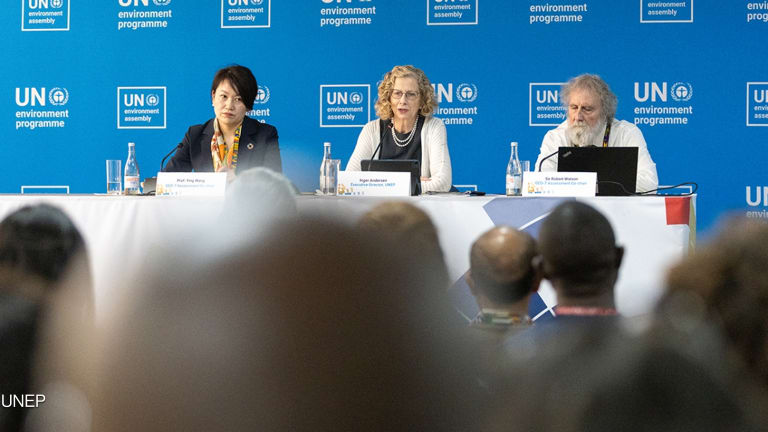The global business community is facing scrutiny for the increasing pressure it puts on the world’s land and forests, and it is on the United Nations’ radar in the lead-up to a U.N. conference on land use and drought.
This year’s summit of the United Nations Convention to Combat Desertification, or UNCCD, aims to hold the private sector accountable for over-exploiting natural resources. The conference, called COP 16, will be held in Riyadh, Saudi Arabia, in December.
COP 16 will take place at a critical time for the planet, amid increasing talk of things like debt-for-nature swaps and nature credits.
Printing articles to share with others is a breach of our terms and conditions and copyright policy. Please use the sharing options on the left side of the article. Devex Pro members may share up to 10 articles per month using the Pro share tool ( ).








